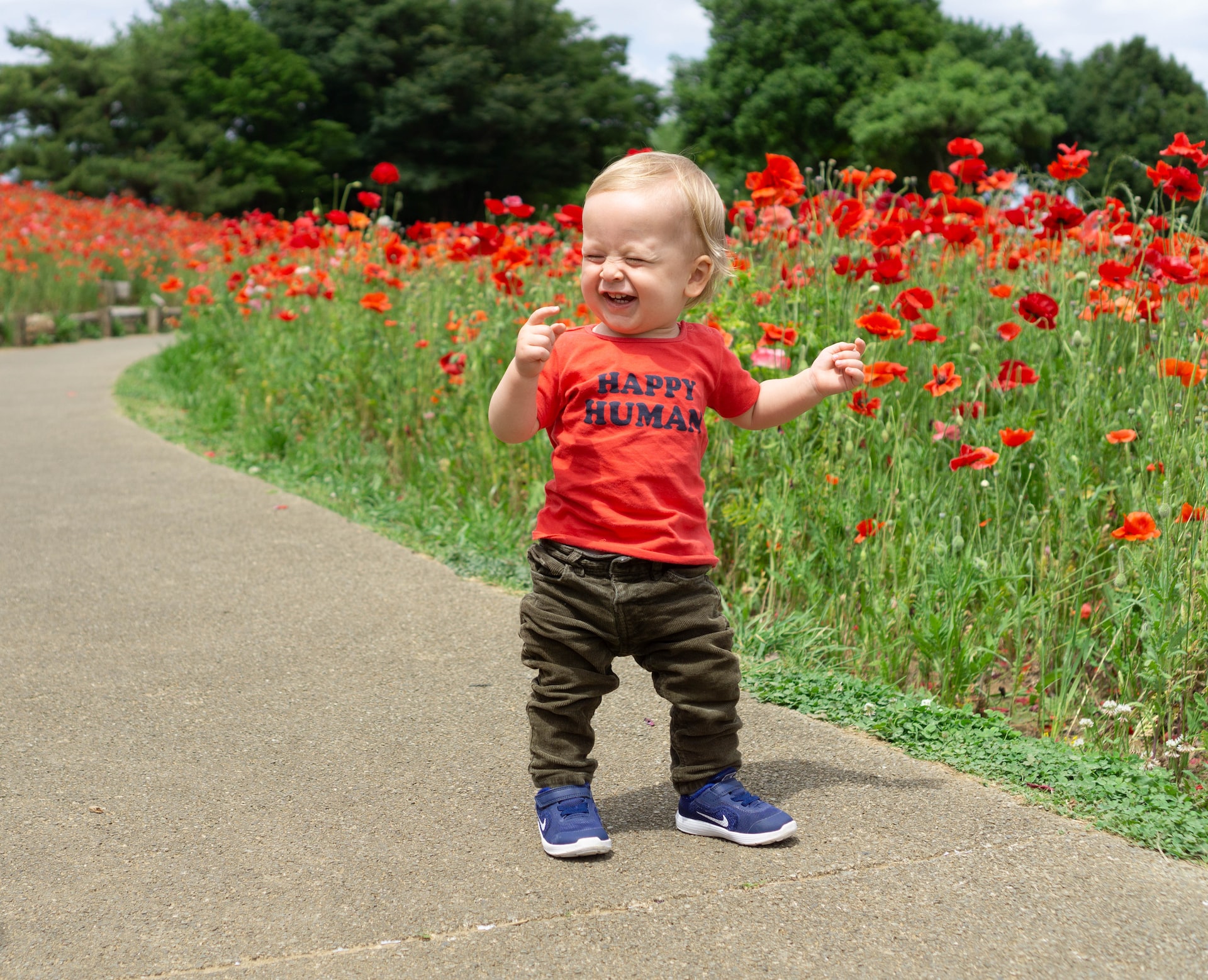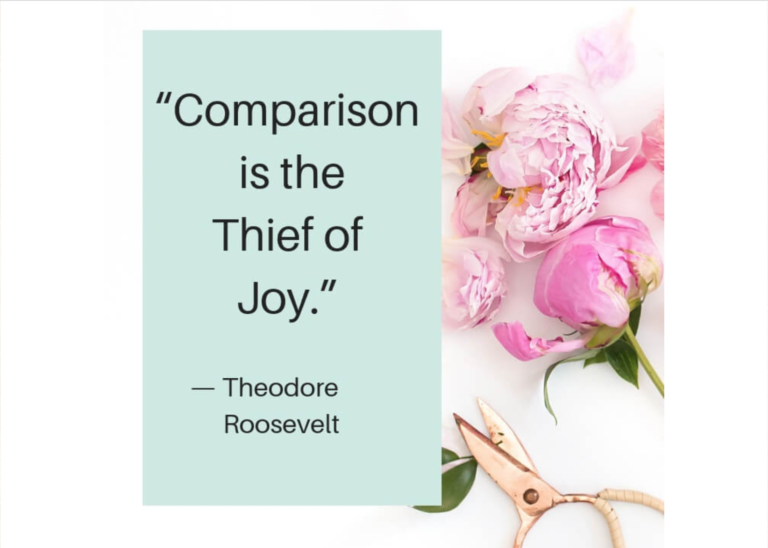Children are frequently perceived as cheerful and joyful for a variety of reasons:
Children are innocent and may approach life with a feeling of surprise and joy since they have not yet experienced many of the world’s troubles and obstacles.
Absence of stress: Unlike adults, children are not subject to the same anxieties and pressures that adults have, such as stress brought on by money or the demands of the workplace, which can heighten negative emotions.
Children are naturally lively and imaginative, which enables them to discover delight and excitement in commonplace events.
Positive bias: Children frequently have a positive outlook on life and focus on the positive aspects of individuals and situations, which keeps them happier.
Unconditional love: Children frequently experience unconditional love and acceptance, which gives them a sense of security and well-being that enhances their happiness.
While children may have difficulties as they mature, it’s vital to keep in mind that they are capable of joy and happiness, and that we may all benefit from their upbeat attitude on life.
In order to live a happier life every day, let’s explore each of them in more detail and launch a new quest called “Be Happy Just Like Kids / Children” to see how you may use them in your everyday lives.
Let’s learn more about below points in depth ( tap / click to jump to the respective topic )
Innocence
One of a child’s most priceless assets is their innocence. They are in a mental state where they haven’t yet encountered the world’s many obstacles and challenges. Without the concerns and fears that come with age and experience, their innocence enables them to embrace life with a feeling of wonder and joy. Childhood is a lovely time because of its innocence, which is something that should be treasured and guarded.
We encounter the world’s numerous problems and hardships as we get older, and it may be a harsh and merciless place. We encounter loss, disappointment, and heartache, and these events can profoundly alter us.
However, for children, each new day is greeted with a sense of hope and enthusiasm since life continues to be full of wonder and excitement. They are able to appreciate the beauty and charm in everything around them because they view the world through innocent eyes.
It’s crucial to keep in mind that children’s innocence is delicate and that exposure to unpleasant situations and dark parts of life can quickly broken it. It is our responsibility as parents, teachers, and other carers to do all in our power to protect and preserve a child’s innocence. Giving children a safe and caring environment, shielding them from negative influences, and allowing them to explore and discover the world on their own are all part of this.
In summary, a child’s innocence is a priceless gift that needs to be treasured and guarded. Childhood is such a fascinating time because it enables children to embrace life with awe and pleasure. We can encourage a child’s innocence, which will help them form a positive attitude on life and put them on the road to fulfillment and success.
Lack of Worry
The absence of concern in children is one of childhood’s numerous advantages.
Children do not face the same challenges and anxieties that adults do, which might contribute to feelings of unhappiness and dissatisfaction.
One of the reasons why infancy is such a beautiful and unforgettable period is because of the freedom and joy that this absence of anxiety bestows to youngsters.
Adults deal with a variety of concerns and anxieties, such as relationship issues, work-related stress, and financial troubles. These concerns might negatively impact our mental and emotional health, which can result in unhappy and dissatisfied emotions. Yet, life is lot easier for kids, and they don’t have to deal with the same concerns and problems that might drag an adult down.
Children are able to live in the present and take full use of each day thanks to their absence of concern. Without a concern in the world, they may play, explore, and learn for hours. Their cheerful view on life may have a significant influence on their mental and emotional wellbeing. They approach life with a feeling of surprise and joy.
It’s vital to keep in mind that childhood is a short period of life and that kids ultimately have the same concerns and anxieties as adults have. That is why it is so vital to treasure and nurture this period of innocence and lack of stress, and to help children acquire the skills and resilience they will need to handle the difficulties of adulthood.
In conclusion, one of the great advantages of childhood is the absence of worry that children experience. One of the reasons why childhood is such a beautiful and unforgettable time is that it enables them to approach life with a feeling of excitement and freedom. By cherishing and maintaining this time of innocence and absence of anxiety, we can enable children to develop optimistic outlooks and the resilience they will need to confront the difficulties of adulthood.
Positivity Bias
One of the many reasons children are often so cheerful is that they have an intrinsic optimism bias. Children frequently have a positive attitude on life, focusing on the positive aspects of people and situations. This positive attitude helps their pleasure and well-being, and it is one of the reasons why childhood is such a beautiful and unforgettable time.
Adults, on the other hand, frequently deal with pessimism and cynicism, and we are prone to focusing on the negative aspects of individuals and situations. This pessimistic viewpoint can have a significant impact on our mental and emotional well-being, leading to feelings of discontent and unhappiness. Life is different for children.
They approach each day with awe and pleasure, seeing the wonderful in everything around them.
This optimism bias helps children establish a good self-image and provides them the confidence they need to explore and experience the world.
It also helps individuals create deep and lasting connections because they see the best in people and are more ready to offer trust and kindness.
It is vital to realise that childhood is a transient experience, and that children will ultimately confront the same obstacles and hardships that we encounter as adults. That is why it is critical to cultivate and nurture their optimism bias, as well as to assist children in developing the skills and resilience required to retain a happy attitude on life.
To summarise, one of the numerous reasons why children are typically so cheerful is their optimism bias. This emphasis on the positive aspects of individuals and events leads to their happiness and well-being, and is one of the reasons why childhood is such a wonderful and memorable period. We can help children develop a good self-image, solid connections, and the resilience they will need to retain a positive attitude on life by encouraging and safeguarding their optimism bias.
Playful Nature
Children’s creative and imaginative nature is one of the numerous reasons why they are typically so joyful. Children are inherently creative and imaginative, and they find delight and excitement in daily events. This playful attitude helps to their pleasure and well-being, and it is one of the reasons why childhood is such a unique and memorable time in their lives.
Adults, on the other hand, frequently find it difficult to find joy and excitement in their daily lives. We can become bogged down by work and responsibilities, making it harder to tap into our creative and inventive sides. Life is different for children. They approach each day with a feeling of surprise and enthusiasm, and they find delight in even the most mundane tasks.
Its fun aspect encourages children to be creative and original, and it helps promote the growth of their imaginations. It also helps in the formation of strong and meaningful connections since they are more inclined to engage in enjoyable and playful activities with others.
It is critical to realise that childhood is a transient experience, and that children will ultimately confront the same obstacles and hardships that we encounter as adults. That is why it is critical to promote and safeguard their fun character, as well as to assist children in developing the skills and resilience required to keep a creative and imaginative view on life.
To summarise, one of the numerous reasons why children are typically so joyful is their inherently playful nature. Their inventive and fun approach on life helps children to discover delight and excitement in ordinary events, which contributes to their happiness and well-being. We can help youngsters develop their imaginations, build healthy connections, and keep a lively and imaginative view on life by encouraging and safeguarding their playful nature.
Unconditional Love
The unconditional affection and acceptance they get from their parents and loved ones is one of the many reasons why children are frequently very joyful. Children frequently feel completely loved and welcomed, which gives them a sense of security and well-being that adds to their happiness. One of the pillars of childhood is unconditional love, which is one of the reasons why childhood is such a beautiful and unforgettable time.
Adults, on the other hand, frequently struggle to feel unconditionally loved and welcomed. We may feel rejected or abandoned, and we may struggle to get the love and acceptance we require to flourish. Life is different for children. They are loved and supported by their carers.
Unconditional love provides children with a sense of security and well-being, allowing them to develop a good self-image and the confidence which they need to explore and experience the world. It also assists children in developing strong and lasting connections since they feel liked and accepted for who they are.
It is critical to realise that childhood is a transient experience, and that children will ultimately confront the world’s problems and troubles. That is why it is critical to promote and defend their sense of security and well-being afforded by unconditional love, as well as to assist them in developing the skills and resilience required to maintain a good self-image and strong connections.
In conclusion, one of the many reasons why children are typically so happy is the unconditional love and acceptance they often get. This sense of security and well-being supplied by unconditional love helps to their pleasure and well-being, and it is one of the reasons why childhood is such a special and memorable time in their lives. We can help children develop a good self-image, build solid connections, and keep a sense of happiness and well-being throughout their lives by cultivating and safeguarding this sense of security and well-being.
Conclusion
Children: Have a tendency to live in the now and concentrate on the pleasant parts of life.
Adult: It’s not rocket science to practice living in the now and focusing on the positive things of life.
Children have not faced many of the stresses and problems that adults have.
Adult: Develop your mental strength to meet obstacles head on and triumph.
Children have a natural resilience that allows them to recover from failures and negative experiences.
Adult: Increase your resilience and mental strength
Children: They have a caring network of adults and peers who look out for them.
Adult: Make an effort to create your own support network.
It is important to keep in mind, however, that each child is unique and feels emotions differently; some children may not look as joyful as others, and that is fine.




